"The current process of granting press cards has a fairly strict criteria system."
On the afternoon of October 23, giving comments on the draft Law on Press (amended), National Assembly delegate Ta Thi Yen (Deputy Chairwoman of the National Assembly Delegation Affairs Committee) cited Point C, Clause 2, Article 29 of the draft law on granting, exchanging and revoking press cards, stipulating: "In the case of first-time card issuance, there must be a continuous working period at the press agency requesting the card issuance for 2 years or more up to the time of card issuance and must have attended a training course on journalism skills and professional ethics organized by the Ministry of Culture, Sports and Tourism in coordination with the Vietnam Journalists Association ".
According to delegate Yen, this regulation aims to improve the quality of the journalism team, but it is contrary to the Government 's general policy on administrative reform and reducing unnecessary licenses and certificates.
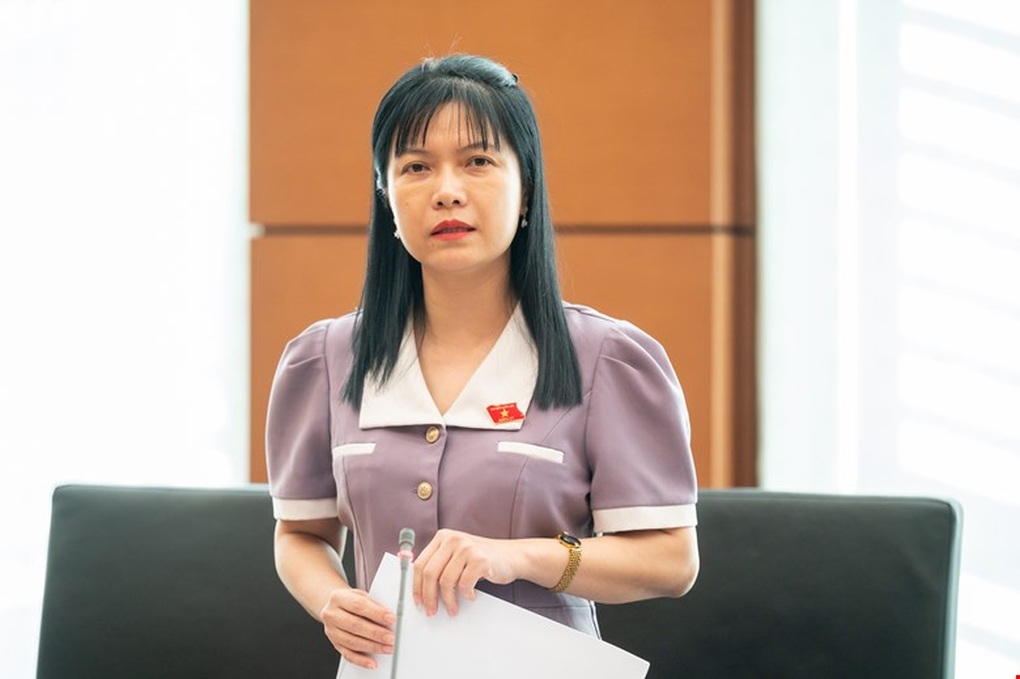
Delegate Ta Thi Yen, Vice Chairwoman of the National Assembly Delegation Affairs Committee (Photo: Pham Thang).
The delegate said that in reality, the current process of granting press cards has a fairly strict criteria system, such as the person being considered must have worked in journalism for a period of time, be recommended by the press agency where they work, have appropriate professional qualifications, and be confirmed by the governing body.
In addition, the entry requirements for journalists have also been controlled through recruitment standards, qualifications and specialized training, according to delegate Yen.
"If we add a regulation requiring people to take a professional training and ethics course before being considered for a press card, it will invisibly create a new layer of administrative procedures that is no different from a type of sub-license, causing costs, time and procedures for journalists," Ms. Yen raised the issue.
In particular, according to the delegate, since 2021, the Prime Minister has directed the Ministry of Home Affairs to review and abolish a series of unnecessary certificates, in order to reduce administrative burden and save social resources. In that context, adding a new type of "certificate" - even though it is called a training class - will hardly receive consensus from practice.
Therefore, the delegate suggested reviewing this regulation, not requiring reporters and editors to "take a training course in journalism and professional ethics" to be granted a card; instead, it should be regulated to update knowledge and professional ethics for journalists when necessary in simpler ways such as seminars, thematic activities...
It is necessary to distinguish clearly between newspapers and magazines.
Delegate Hoang Minh Hieu (Nghe An) assessed that the amendment of the Press Law is very appropriate, but the amendment at this time is too late. Therefore, he suggested that the Government should consider having a faster policy response, as since 2016, press activities have changed a lot.
According to Mr. Hieu, the "newspaperization" of magazines has caused some negative aspects in press activities in recent times, raising issues that need to be addressed. The draft law needs to provide specific and clear concepts to distinguish between newspapers and magazines.
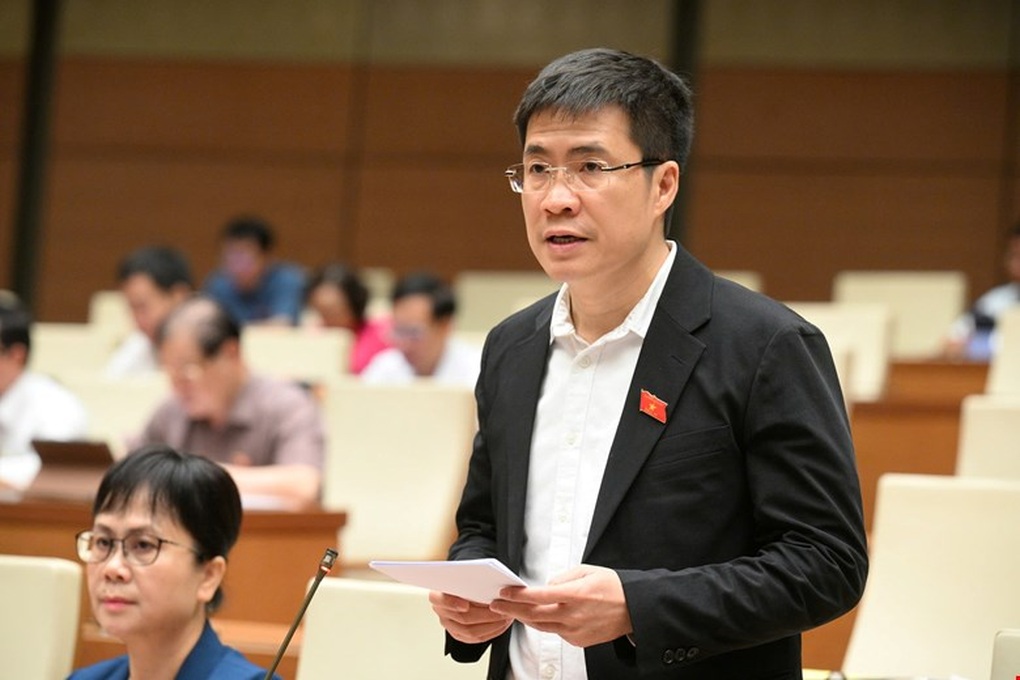
Delegate Hoang Minh Hieu (Photo: Pham Thang).
Regarding press economics, Mr. Hieu said that press agencies are very interested in this issue.
According to Mr. Hieu, normally reporters are paid based on the number of articles and views. This will not encourage reporters to invest in quality articles, thereby reducing the quality of press products or causing negativity in press activities.
Stating that the annual budget for press activities is about 0.5%, the delegate suggested that the drafting committee study to have mechanisms and policies to support press economics to ensure the operation of press agencies, contributing to improving the quality of press products.
Mr. Hieu said that recently there has been a policy to reduce corporate income tax for press agencies, but there needs to be other policies to provide further support.
Regarding social networking platforms, the National Assembly delegate said that social networks need to be responsible for sharing revenue with press agencies when using and re-posting the content of press agencies. "There needs to be specific regulations on this content," Mr. Hieu emphasized.
He cited that many countries in the world have issued regulations on this matter. In particular, Canada stipulates that social networks with 2 million or more users, when using the content of press agencies for commercial purposes, will have to share revenue.
Agreeing with the views on the need for a support mechanism for the press, delegate Duong Khac Mai (Lam Dong) said that spending about 0.5% of the total regular budget on press activities each year is still low.
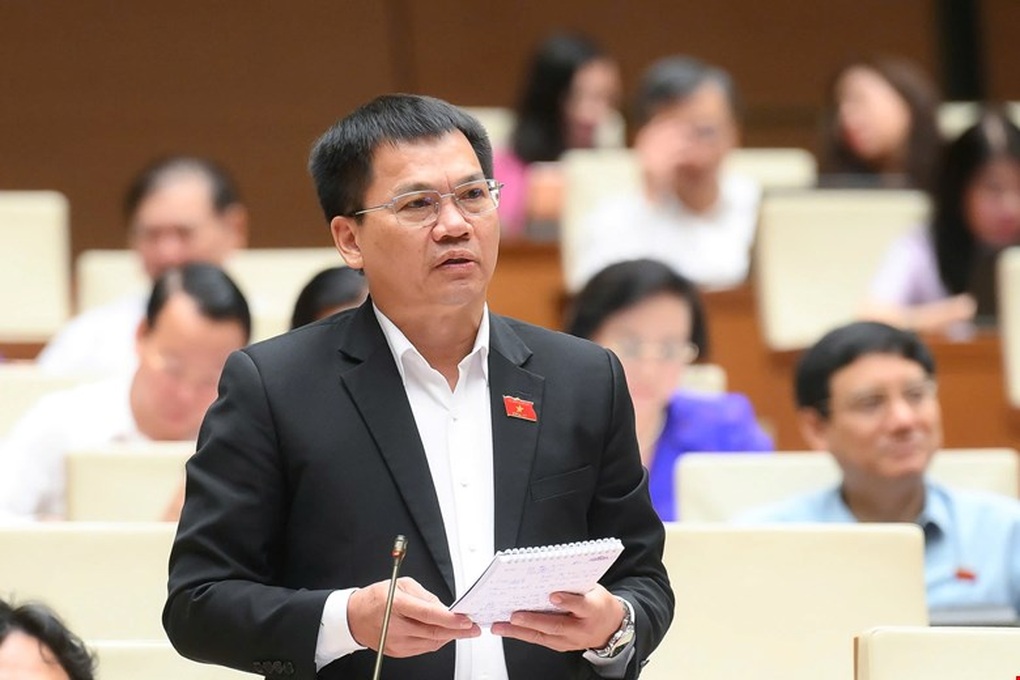
Delegate Duong Khac Mai (Photo: Pham Thang).
The delegate said the draft law clearly stated: "The press of the Socialist Republic of Vietnam is revolutionary press, closely associated with the national liberation revolution, building and defending the socialist Vietnamese Fatherland, operating in a professional, humane and modern direction."
According to Mr. Mai, "revolutionary journalism" needs a mechanism to nurture and help press agencies complete their political tasks. There needs to be a calculation of the support mechanism and appropriate level of support.
The delegate said that when a press agency faces economic difficulties, it will lead to difficulties in the operations and production of press products by reporters, thereby reducing the quality, and when the quality of press products decreases, it will affect the strength of the Vietnamese revolutionary press.
Source: https://dantri.com.vn/thoi-su/can-phan-ung-chinh-sach-nhanh-hon-khi-10-nam-nay-bao-chi-da-nhieu-thay-doi-20251023165825842.htm


![[Photo] President Luong Cuong holds talks with South African President Matamela Cyril Ramaphosa](https://vphoto.vietnam.vn/thumb/1200x675/vietnam/resource/IMAGE/2025/10/23/1761221878741_ndo_br_1-8416-jpg.webp)



![[Photo] Prime Minister Pham Minh Chinh meets with South African President Matamela Cyril Ramaphosa](https://vphoto.vietnam.vn/thumb/1200x675/vietnam/resource/IMAGE/2025/10/23/1761226081024_dsc-9845-jpg.webp)

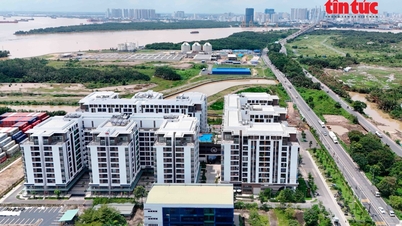

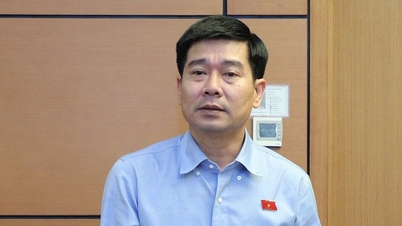

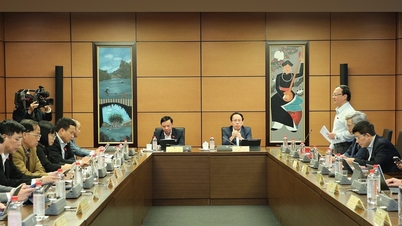

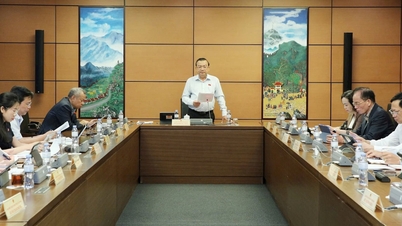
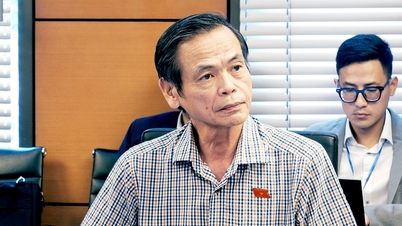

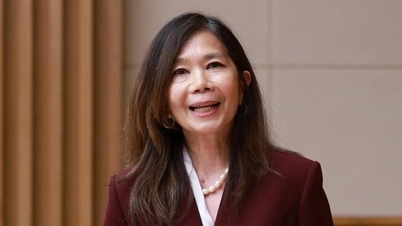
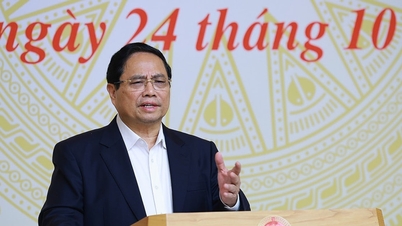
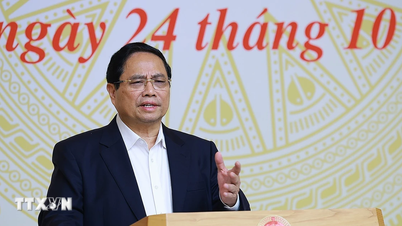

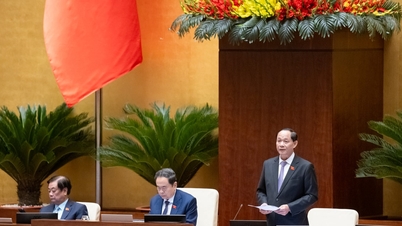
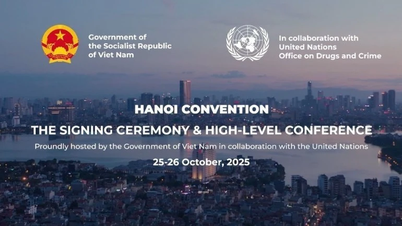

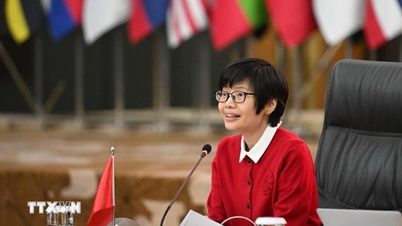




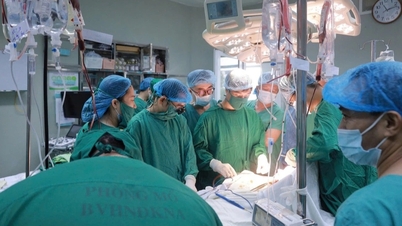

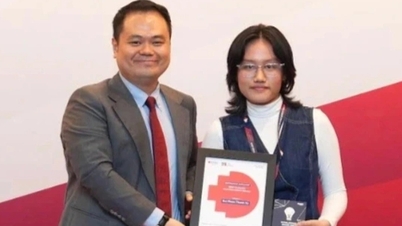





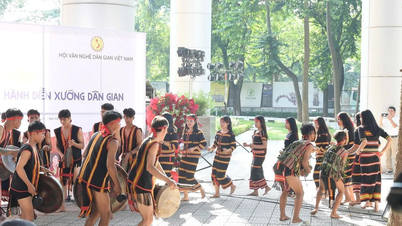

















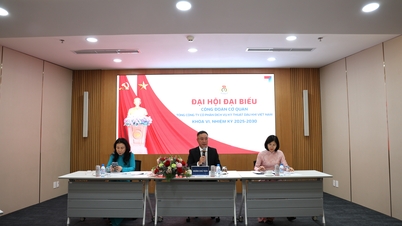





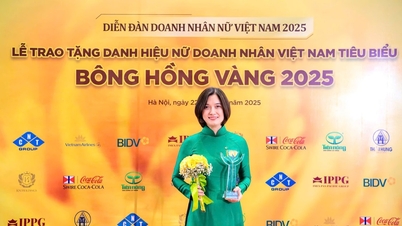







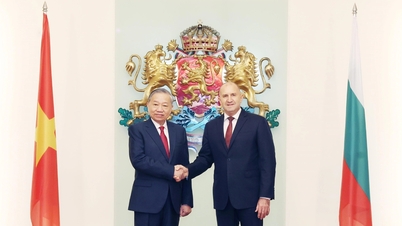



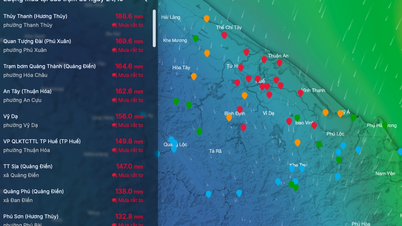
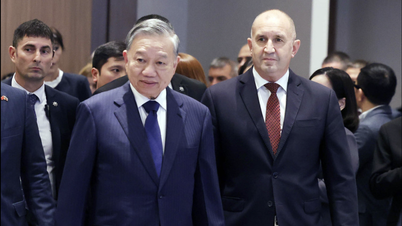

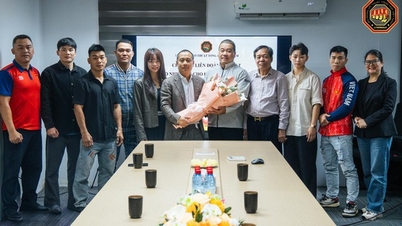

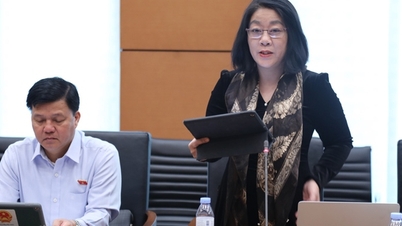
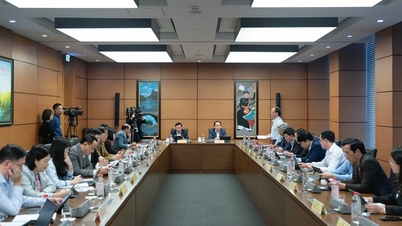
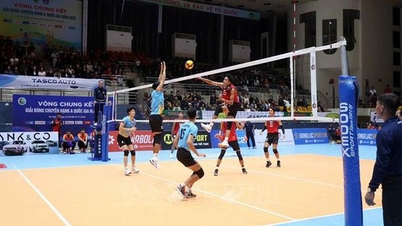


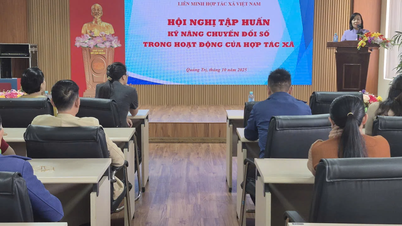

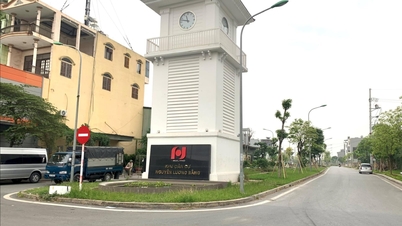

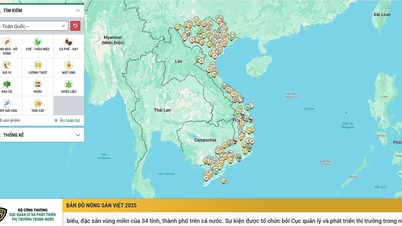



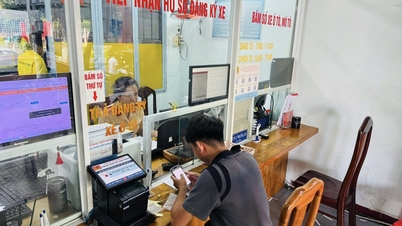
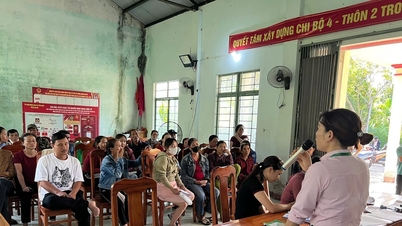















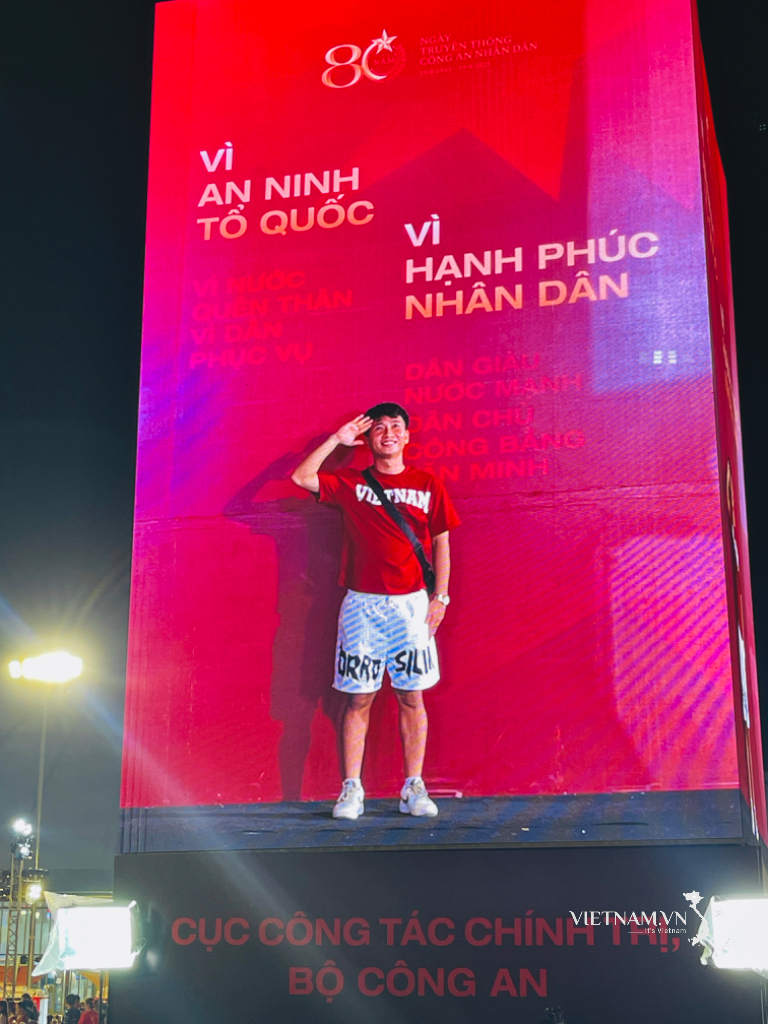

Comment (0)